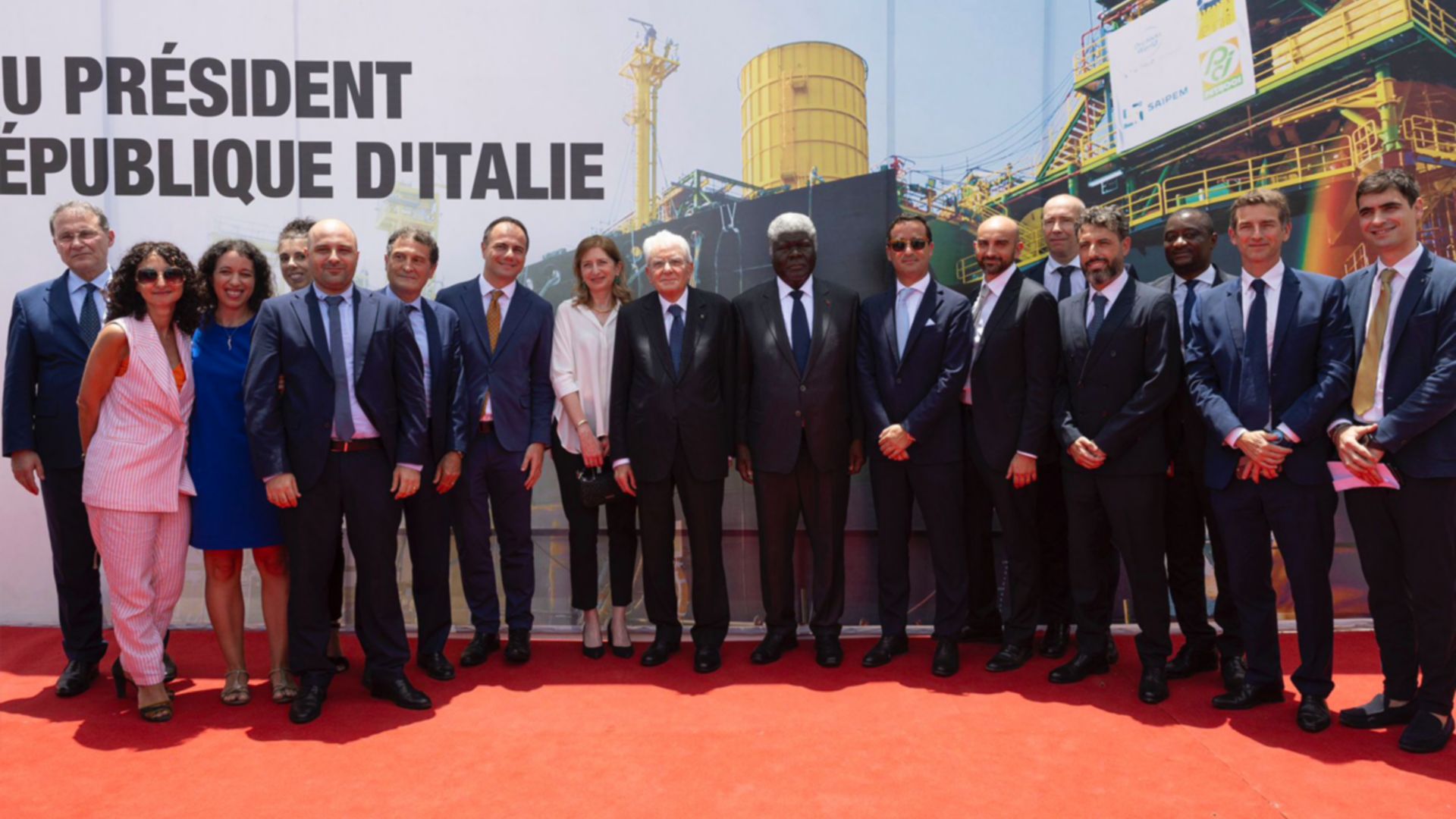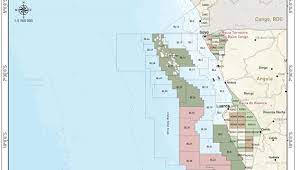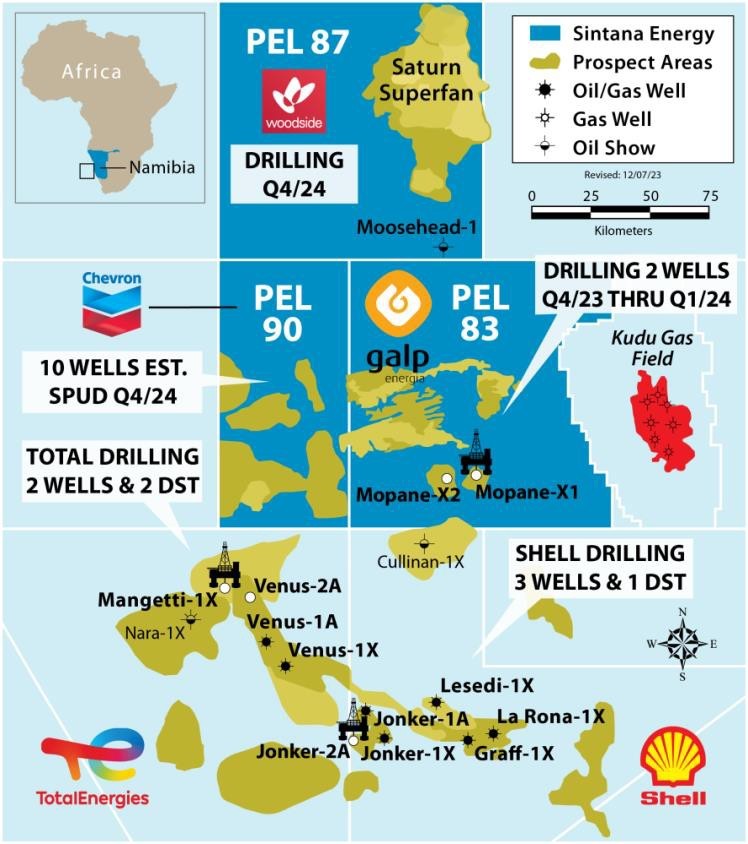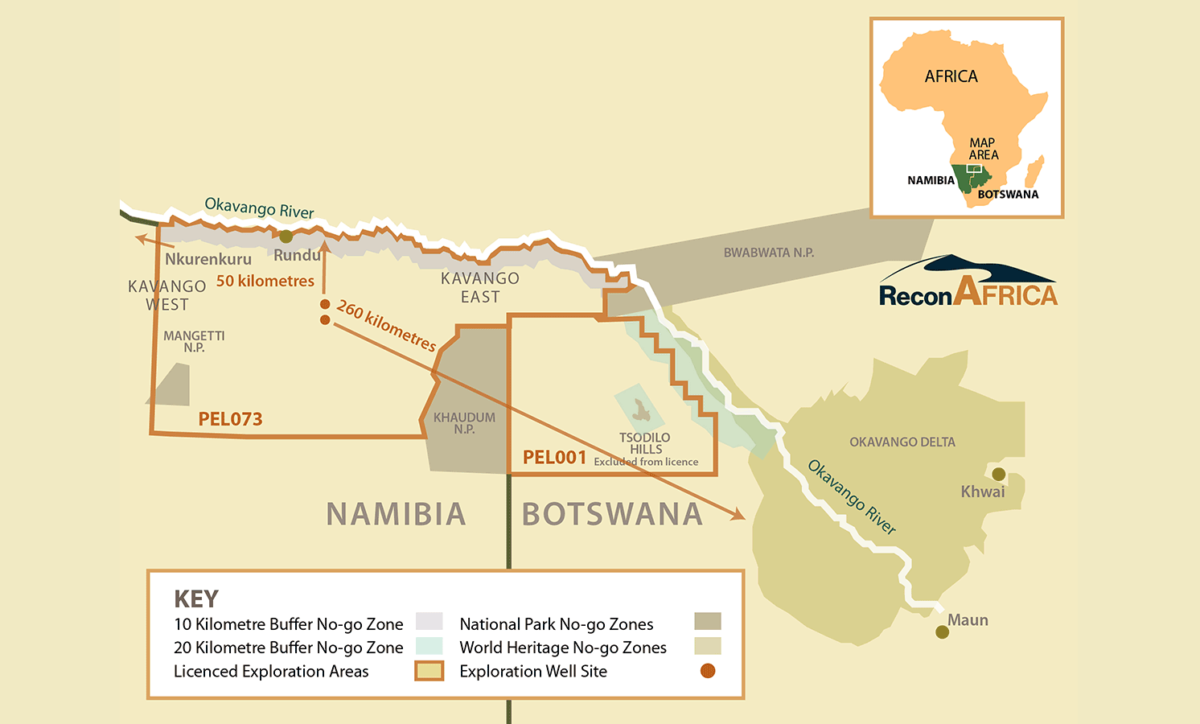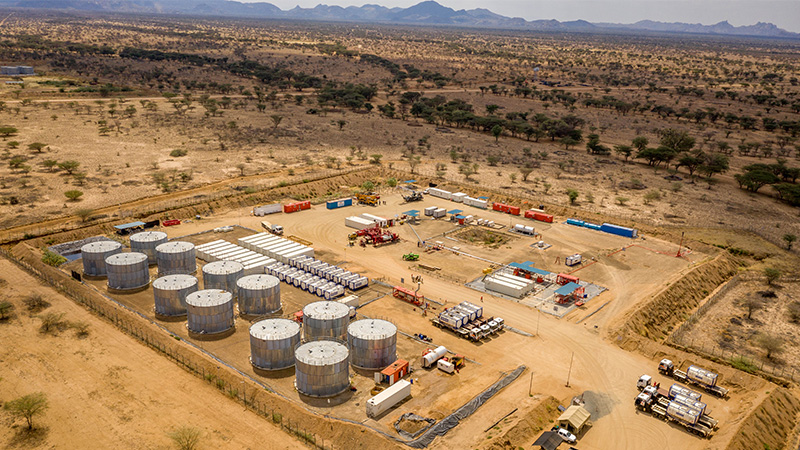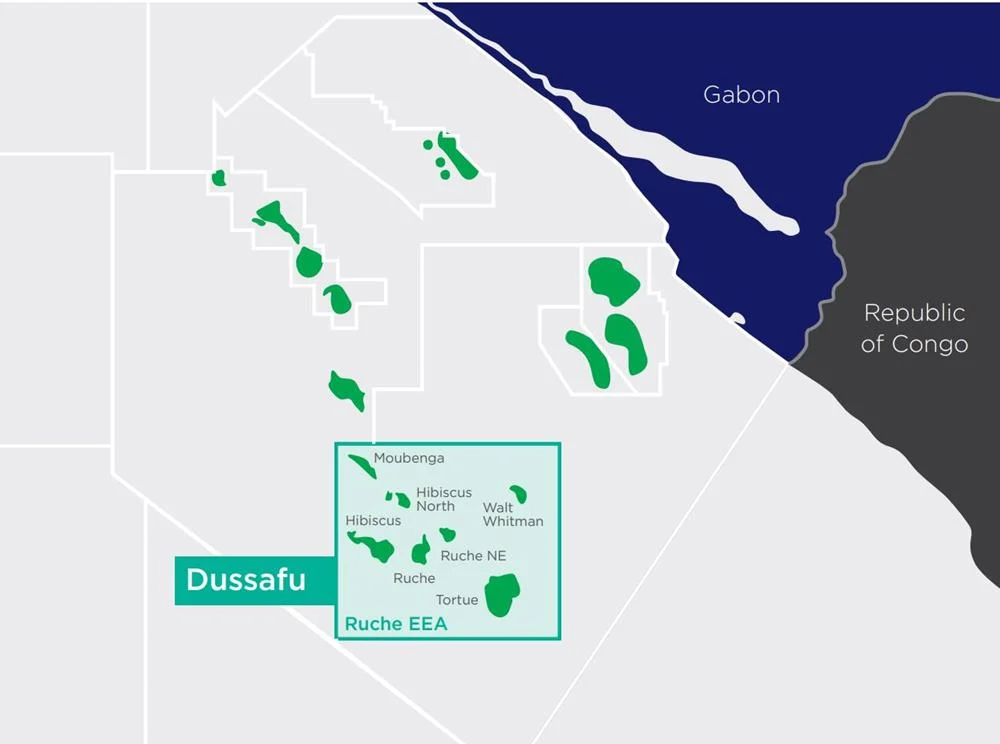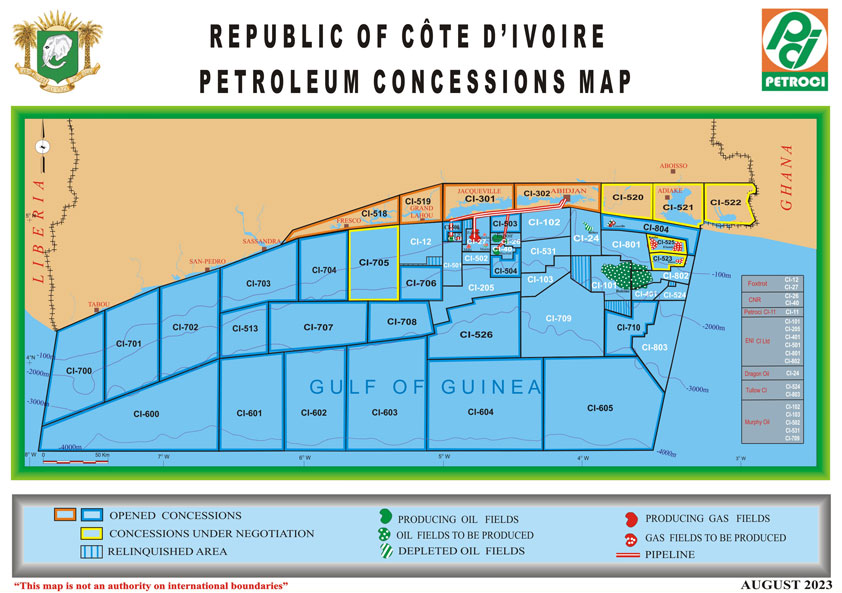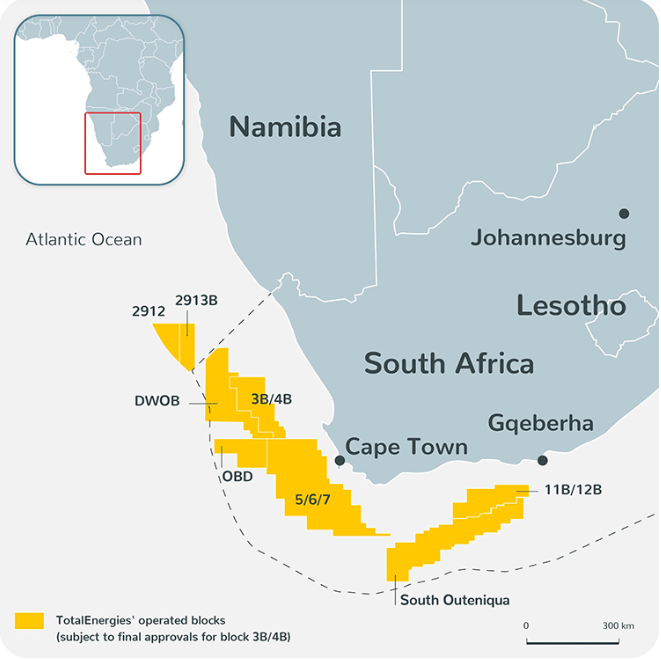FEATURE: Remote Medical International, Kenya’s Remote Medical Provider for the Oil and Gas Industry
History
While oil and gas exploration in Kenya has been ongoing since BP/Shell drilled the first well, Walu-1, in the Lamu Basin six decades ago, various requisite industries have slowed due to the limited opportunities and the frequency of these types of projects.
Up until 2010, only 30 wells have been drilled in Kenya’s four sedimentary basins, none of which during the period between 1993 and 2006.
The Ngamia 1 discovery by Tullow Oil, however, saw renewed activities, with 37 wells drilled in the next 24 months, thereby creating a need for oilfield services in the area.
As a result, companies, such as Remote Medical International® (RMI), has ventured into the area to offer oilfield health services in Kenya.
Activities
Headquartered in Seattle, Washington, Remote Medical International opened its doors in East Africa through its Kenyan office in 2013 when it landed a contract with Tullow Oil. Tullow holds licenses in Blocks 10BB, 13T and 12A, which are estimated to contain over 750 million barrels of oil.
The company provides services at the Tarach-1 well drilling site in Block 11A, which is operated by Spanish integrated oil and gas company, Compañía Española de Petróleos, S.A.U. (CEPSA).

According to RMI CEO Wayne Wager, the company was attracted to East Africa as the market had an urgent need for medical services at drilling sites in remote and challenging regions, which are the company’s specialty.
“The drilling areas did not have a dispensary or any sort of medical facility for kilometers. We came in early and thus beat our competition to the market, then we ensured we created a good brand name by delivering high-quality, custom services to our clients to meet their needs,” he says.
Over the last few years the company says it has provided various operators with peace of mind by improving the health status of their staff, which could otherwise lead to delays, if not disaster, and increased costs.
“We thrive on delivering value by helping our clients care for the health and safety needs of their workforce. By reducing lost time incidents and ensuring their staff is healthy when dealing with equipment, our clients reduce accidents as well as provide training on how to keep healthy,” Wayne adds.
In addition to preventing serious incidents across the sites, the RMI has managed numerous cases of common illnesses, from malaria to ENT (ear, nose and throat) infections.
RMI has also provided medical support to over 20 response calls in the local communities and treated patients who have suffered from emergencies such as road accidents, snakebites, burns, and injuries related to communal conflicts.
The services provided by RMI are mostly provided onsite and patients may need to be evacuated should they require advanced medical attention.

“Should the patient need be to airlifted to Nairobi or driven to medical facilities with additional resources, we can provide care and interim stabilization services until the evacuation team arrives,” says Michael Spencer, Regional Manager, East Africa.
That being said, he emphasized that the ambulances and clinics onsite are well equipped and are able to provide nearly the same level of care and treatment that an ambulance in any developed city in the world could manage.
This is made possible by utilizing the proper equipment and qualified staff, a majority of whom are locals who have received Advanced Life Support (ALS) training. This is a prerequisite for the provision of medical services to the oil and gas upstream sector, as well as a standby unit to support teams consisting of specialists in various medical fields through phone and other technologically available communication tools, such as VoiP.
“We also have our personnel communicate between various camps kilometers away to ensure that communicable diseases are discovered early and are unable to spread ,” Michael continues.
Challenges
Infrastructure: The remoteness of areas where the company operates means that equipment such as vehicles and other medical apparatus cannot get to sites as urgently as needed. The communication infrastructure is also largely inadequate; a factor that has led the company to require its clients to have a working VSAT option should the use of GSM phones fail.
Civil Unrest: Kenya’s oil discoveries have been made in areas that have been neglected by the government for ages. As a result, there are scarce resources, such as water and grass, which sometimes result in intercommunity conflict. At times, there was also unrest between the company’s clients and employees that have led to strikes, mostly by staff from the local Turkana community.
Low Oil Prices: Despite the success its clients have seen in the field, low global oil prices have lead companies to reduce exploration, resulting in less business. RMI, however, is hopeful as the region heads towards a development phase.
Going Forward
Pipeline: The company is currently readying itself for contracts once the pipeline construction starts in what will be the company’s largest project in the country. RMI, however prides itself on its experience from contracts in other parts of the world where it has handled similar projects.
Training: RMI looks at this segment as having big potential in the region for both public and private purposes. Trainees acquire skills ranging from basic first aid to advanced life support with courses designed for professionals working in both offshore and land-based remote environments that are currently lacking in the country.
Expansion: With the region at various stages ranging from predevelopment to development, RMI hopes to expand to the larger East African region to provide services.
Pharmaceutical Supplies and Medical Equipment Distribution: RMI has already partnered with USAID for distribution of HIV rapid test kits and is looking to team up with both non-governmental organizations and commercial entities to expand these services.

